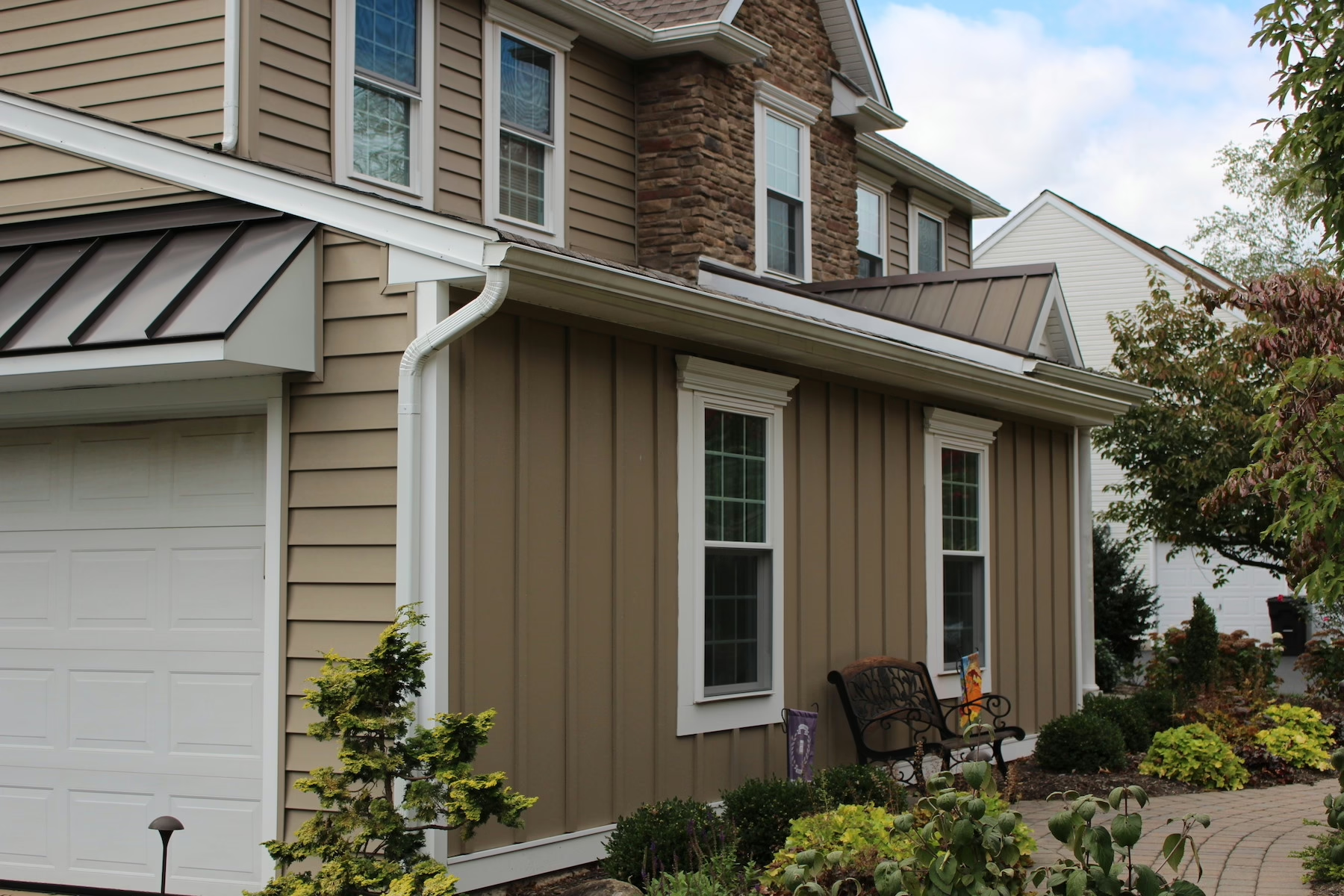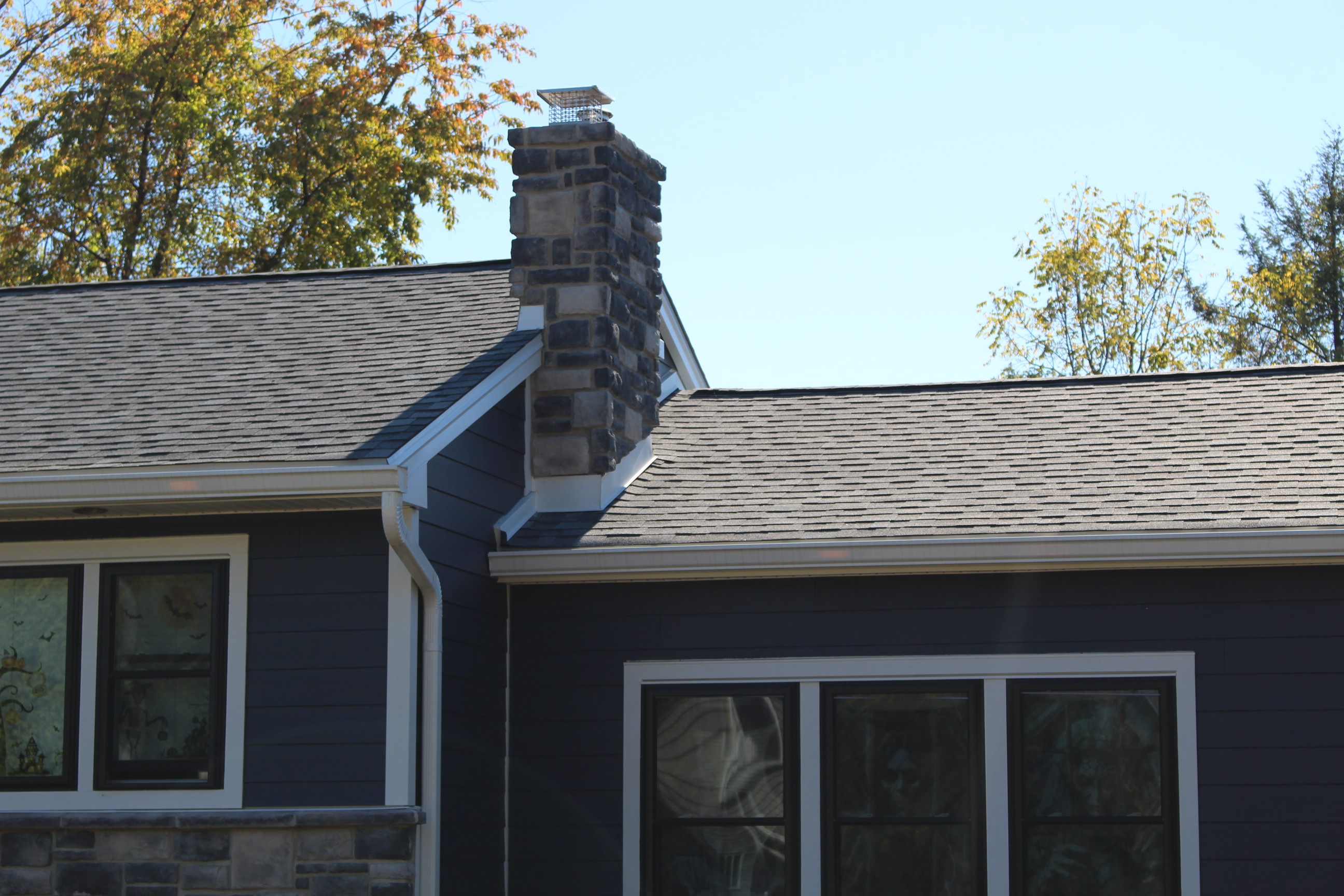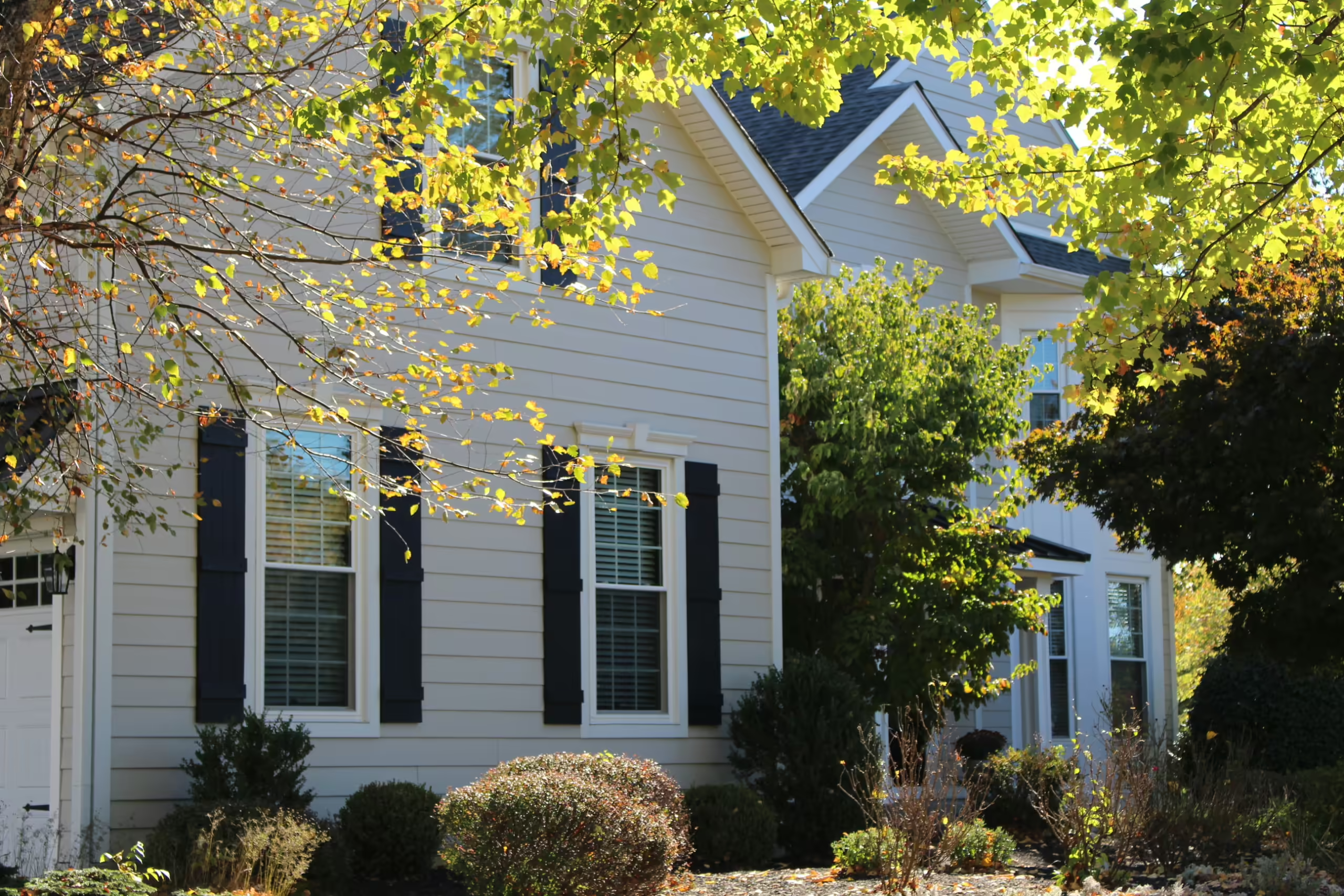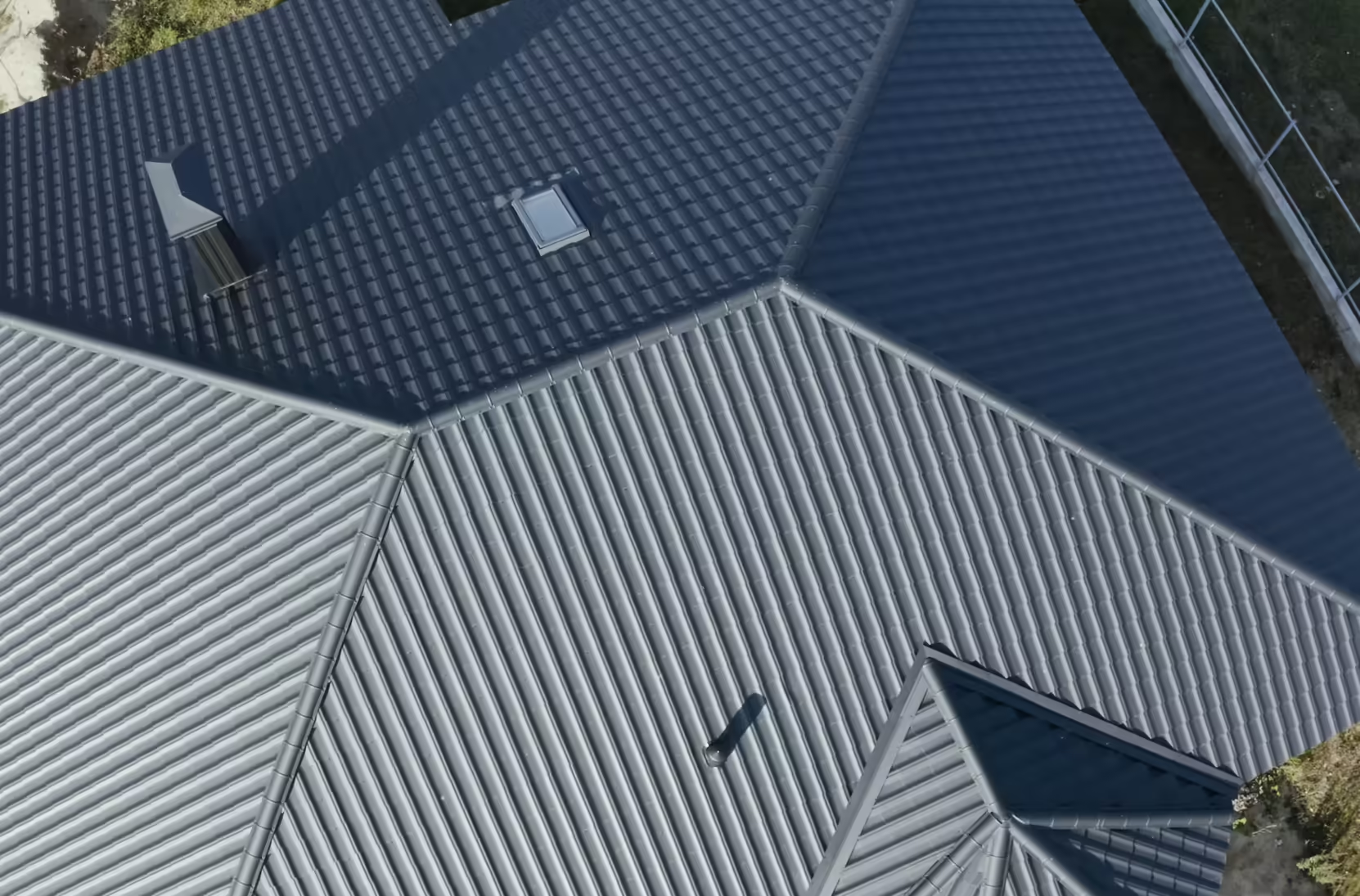How James Hardie Siding Transforms Homes in Philadelphias Historic Districts
Philadelphia is a city rich in history, known for its colonial roots, cobblestone streets, and stunning architecture that tells the story of America’s past. Preserving the charm of homes in historic districts while upgrading them for modern needs can be a challenging balancing act. This is where James Hardie siding comes in—a versatile and innovative siding solution that blends beautifully with the architectural heritage of Philadelphia, ensuring homeowners maintain the aesthetic appeal of their homes while benefiting from modern durability.
In this blog, we’ll explore how James Hardie siding can transform homes in Philadelphia’s historic districts and why it is becoming a top choice for preservation-conscious homeowners.
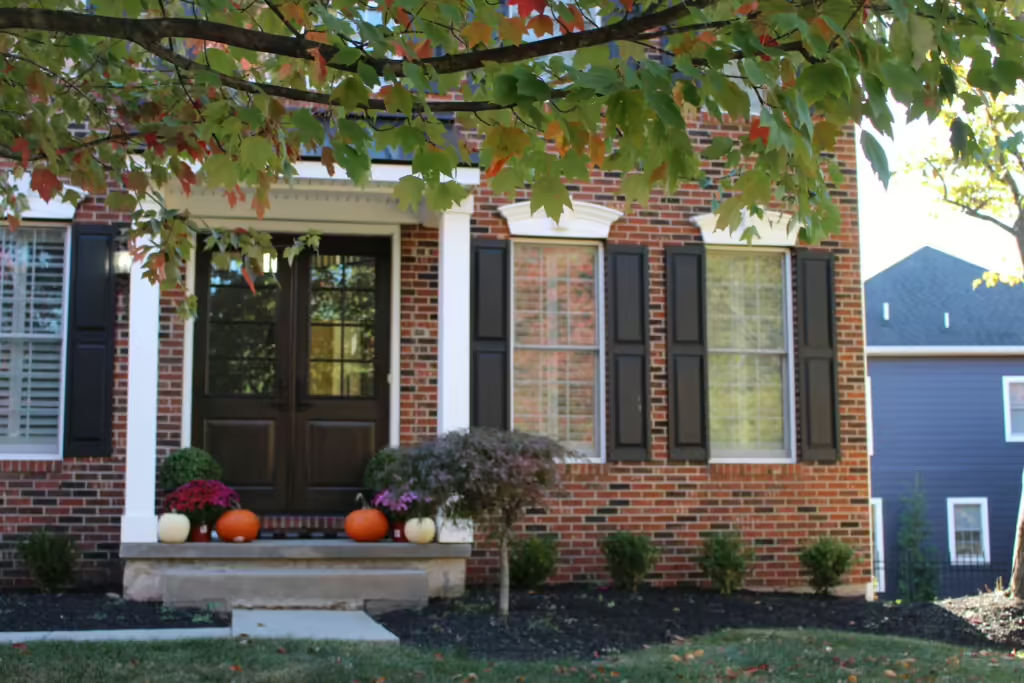
How James Hardie Siding Transforms Homes in Philadelphias Historic Districts
Understanding the Needs of Philadelphia’s Historic Homes
Homes in Philadelphia’s historic neighborhoods—such as Old City, Society Hill, and Germantown—reflect a variety of architectural styles, from colonial and Georgian to Victorian and Federal. With their intricate detailing and iconic façades, these homes require thoughtful maintenance to keep their historical significance intact. However, the humid summers, freezing winters, and occasional Nor’easters in the region pose a constant threat to aging wood, brick, and vinyl exteriors.
Traditional materials like wood can warp, rot, and peel over time, requiring frequent repainting and repairs. Homeowners and preservation committees want exterior upgrades that protect the home without detracting from its architectural beauty. This is where James Hardie siding shines, offering an ideal mix of durability, aesthetic versatility, and low maintenance.
Why James Hardie Siding is Perfect for Historic Homes
James Hardie siding is made from fiber cement, a combination of cement, sand, and cellulose fibers. This material offers several advantages for homeowners in Philadelphia’s historic neighborhoods, including:
1. Historical Accuracy with Custom Colors and Styles
James Hardie’s HardiePlank® lap siding and HardiePanel® vertical siding come in a variety of finishes that mimic the look of traditional wood, allowing homeowners to match the original style of their historic homes. Additionally, the ColorPlus® Technology offers a pre-finished paint option with a vast palette, ensuring homeowners can select hues that align with historical district requirements.
For homeowners who need to replicate the look of clapboard or shiplap siding found on older homes, James Hardie offers a range of profiles and textures. This helps maintain the home’s authenticity while benefiting from modern materials.
2. Superior Durability in Philadelphia’s Climate
Historic homes in Philadelphia are often exposed to the region’s harsh weather conditions, including humidity, snow, ice, and seasonal storms. James Hardie siding is built to withstand these elements, offering superior moisture resistance and impact strength compared to wood or vinyl. Unlike wood, it won’t rot, crack, or swell, and it resists warping under extreme temperature changes.
Moreover, James Hardie siding is engineered with HardiZone® Technology, which ensures it performs well in climates like Philadelphia’s, where both moisture management and freeze-thaw resistance are critical.
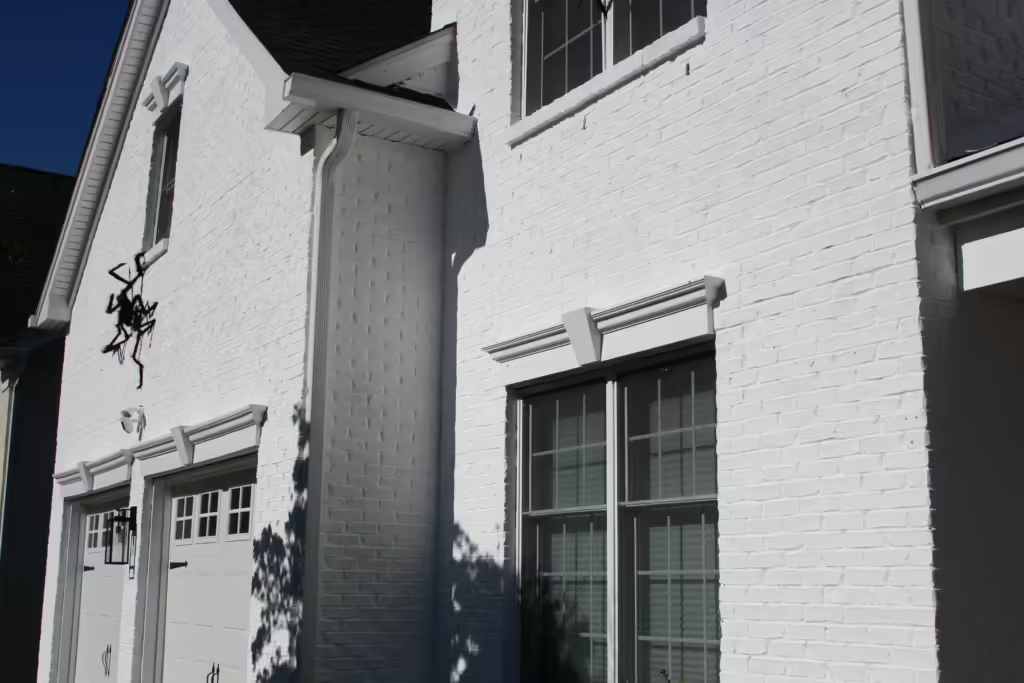
How James Hardie Siding Transforms Homes in Philadelphias Historic Districts
3. Fire-Resistant Properties for Historic Districts
In densely populated historic neighborhoods, fire safety is an important consideration. James Hardie siding is non-combustible and offers superior fire resistance compared to wood siding, providing homeowners with peace of mind. Many historic districts also value safety enhancements, making fiber cement siding a favorable option when replacing older, less secure materials.
4. Low Maintenance for Busy Homeowners
Historic homes are beautiful but often require extensive upkeep. James Hardie siding helps alleviate that burden with its low-maintenance design. Unlike wood siding, which requires regular repainting and sealing, James Hardie’s ColorPlus® Technology ensures the color stays vibrant for years with minimal maintenance. This helps homeowners avoid the hassle of frequent repairs, especially in Philadelphia’s fluctuating weather conditions.
Compliance with Historic District Guidelines
A key concern for homeowners in historic districts is compliance with local preservation guidelines. In many cases, exterior changes require approval to ensure the architectural integrity of the neighborhood remains intact. Luckily, James Hardie siding provides an excellent solution that aligns with many of these guidelines.
With its authentic appearance, James Hardie products are often approved by historic preservation boards as suitable replacements for wood siding. The ability to replicate traditional siding patterns and color schemes makes it easier for homeowners to upgrade their homes without risking non-compliance or altering the character of their neighborhood.
Real-World Examples: James Hardie Siding in Action
Several homeowners in Philadelphia’s historic districts have already embraced James Hardie siding to enhance their homes. In Society Hill, for example, a Georgian-style home recently underwent a transformation using HardiePlank lap siding in a soft white hue, maintaining the historical look while improving energy efficiency. Meanwhile, in Queen Village, a rowhome with deteriorating wood siding was given a new lease on life with HardiePanel vertical siding, which added texture while complementing the home’s 19th-century architecture.
These projects show how James Hardie siding not only preserves the charm of older homes but also adds value and durability, ensuring these historic treasures remain beautiful for generations to come.
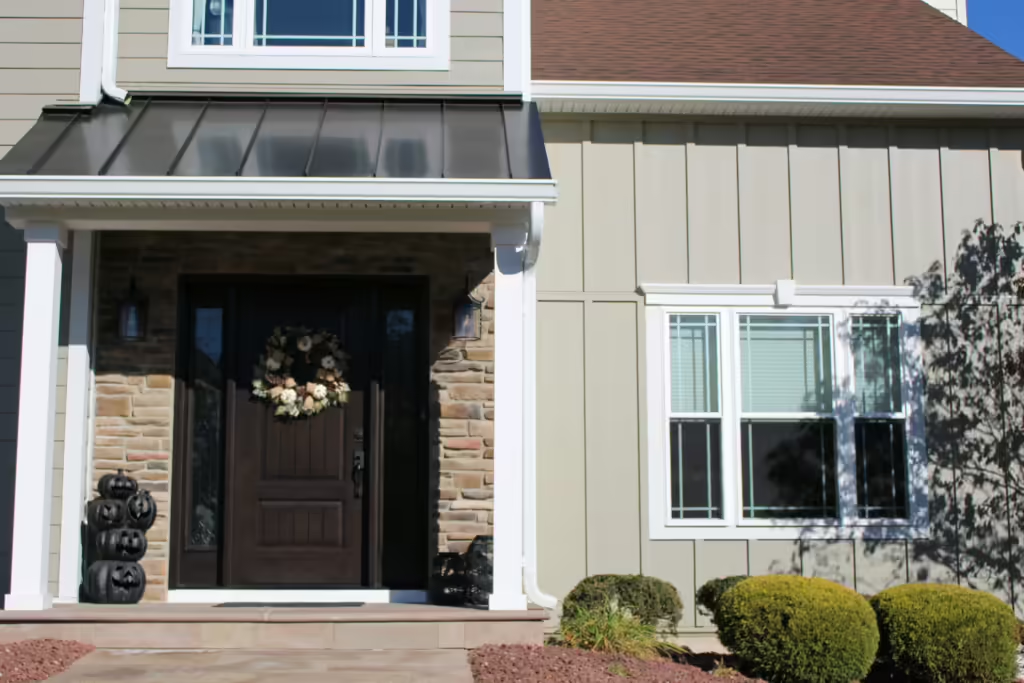
How James Hardie Siding Transforms Homes in Philadelphias Historic Districts
Enhancing Curb Appeal and Property Value
Beyond its practical benefits, James Hardie siding plays a major role in enhancing curb appeal and increasing property value. In neighborhoods where appearance matters, the crisp lines and enduring colors of Hardie siding stand out. Homes with well-maintained exteriors tend to attract more buyers, making the investment in James Hardie siding a smart financial decision for homeowners looking to sell in the future.
A Perfect Blend of Tradition and Innovation
For homeowners in Philadelphia’s historic districts, upgrading a home’s exterior without sacrificing its architectural charm can be a daunting challenge. However, with James Hardie siding, they can achieve the perfect balance between preserving history and embracing modern innovation.
By offering historical accuracy, superior durability, fire resistance, and low maintenance, James Hardie siding transforms homes in Philadelphia’s most treasured neighborhoods—ensuring that these homes continue to tell their stories, even as they stand up to the demands of contemporary living.
If you’re considering a siding upgrade for your historic Philadelphia home, James Hardie siding is a top-tier solution that offers the timeless beauty and resilience you need. Embrace the best of both worlds with a siding product that protects your investment while honoring the architectural heritage of Philadelphia’s beloved neighborhoods.
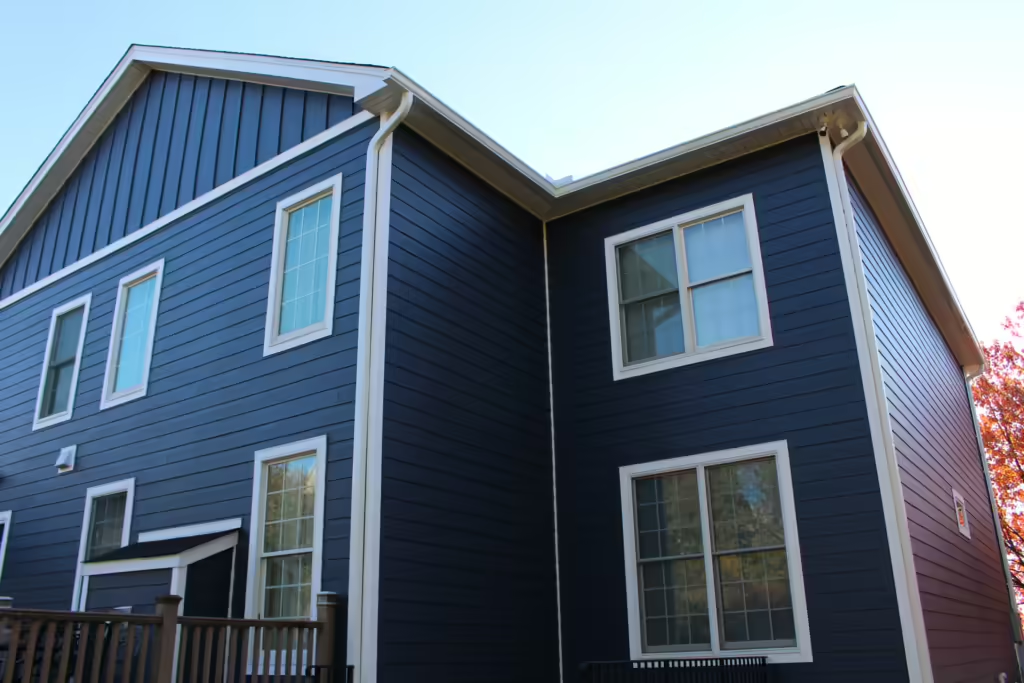
How James Hardie Siding Transforms Homes in Philadelphias Historic Districts
Ready to Transform Your Historic Home?
At Preferred Home Improvement, we understand the unique challenges of maintaining the charm and character of historic homes while ensuring they’re protected from the elements. With James Hardie siding, you don’t have to compromise. Our team specializes in guiding homeowners through the renovation process, ensuring every project aligns with Philadelphia’s historic district guidelines while enhancing durability and curb appeal.
Ready to transform your historic home with siding that stands the test of time? Contact PHI today for a free consultation. Let us show you how James Hardie siding can protect, beautify, and preserve the legacy of your home for years to come.
